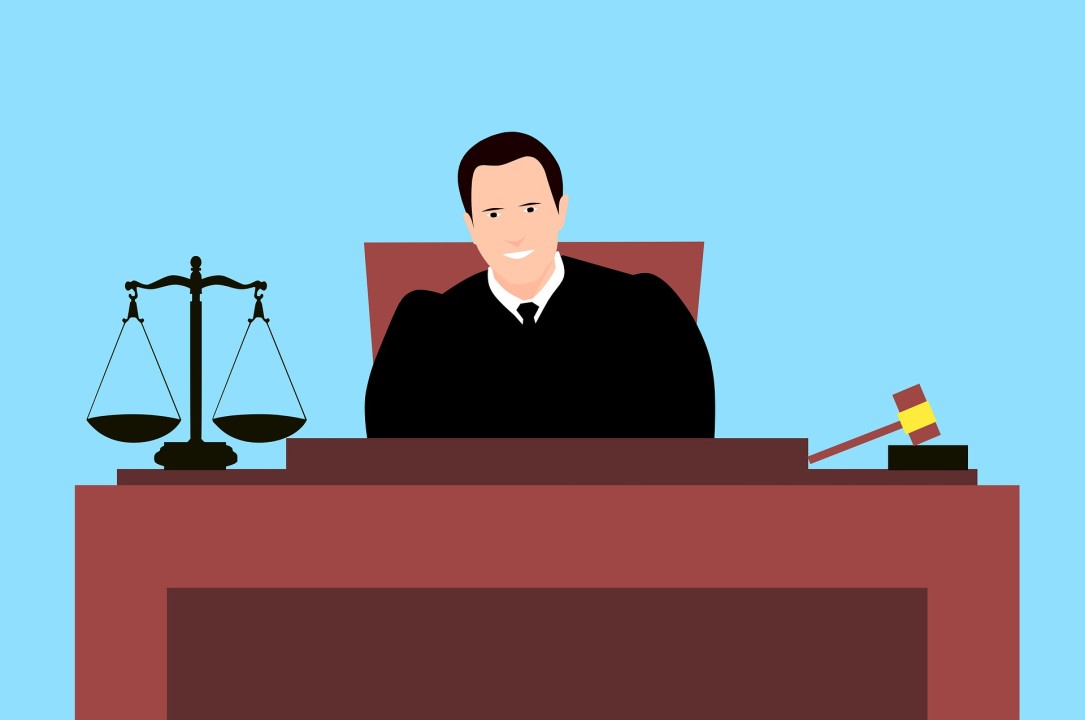
One of the most effective pieces in winning an appeal is issue selection. Most attorneys know, for example, that "de novo" issues are best on appeal: the Court of Appeal will not pay any deference to a trial court on issues of law.
And most attorneys also know that "abuse of discretion" issues are lousy on appeal. That is because the Court of Appeal will pay great deference to a trial judge's discretionary decisions.
But there is a significant minority of discretionary cases where the trial court so botches its analysis, or misunderstands the law, that the Court of Appeal will pay its orders no deference at all. Instead, on appeal the court will conclude that the trial court failed to exercise discretion. And a failure to exercise discretion is an abuse of discretion.
That is what happened in Southern Cal. School of Theology v. Claremont Graduate Univ. (D2d1 May 3, 2021) no. B302452 (non-pub.). The underlying dispute is not as interesting as the case title suggests. The graduate school sued the theology school over a property agreement and lost, and the theology school claimed nearly $1 million in contractual attorney fees.
Hold on, the graduate school argued. Reminding the theologians that the law takes a sola scriptura view that fees have to arise out of the contract with the fee provision, the graduates noted that at least half that $1 million price tag was for claims that had nothing to do with the contract. And besides, the graduate school went on, the theologians engaged in the unpardonable sin of block billing. At most, the graduates argued, the court should award the theologians only about $50,000 of the $1 million they claimed.
While the trial court agreed to cut the half of the fees from non-contract claims, the court said it was without authority to apply the graduates' proposed "negative multiplier" to cut block-billed fees.
Failure to Exercise Discretion Is an Abuse of Discretion:
The Second District Court of Appeal reversed. While a trial court has broad discretion to set the amount of reasonable attorney fees, the decision must be based in law. "Although this standard is deferential, a court abuses its discretion 'where no reasonable basis for the action is shown.' " (Bui v. Nguyen (2014) 230 Cal.App.4th 1357, 1367.)
Here, the trial court's award was based on an assumption that the law does not permit the court to reduce fees for block-billing. But that is incorrect. "The court also may properly reduce compensation on account of any failure to maintain appropriate time records." (ComputerXpress, Inc. v. Jackson (2001) 93 Cal.App.4th 993, 1020.) This applies specifically to block-billing: the court may "assig[n] a reasonable percentage to [time] entries, or simply cast them aside." (Citing Bell v. Vista Unified Sch. Dist. (2000) 82 Cal.App.4th 672, 689 (Bell).)
(In fact, a court is even authorized to deny fees in their entirety if it concludes the block-billing abuse is particularly egregious. As Christian Research Institute v. Alnor (2008) 165 Cal.App.4th 1315, 1329 put it: "Similarly, counsel may not submit a plethora of noncompensable, vague, blockbilled attorney time entries and expect particularized, individual deletions as the only consequence. The trial court could reasonably conclude counsel made no effort to prune the fee request to comply with the law. Counsel erred grievously by attempting to transfer that responsibility onto the trial court. The trial court could reasonably conclude counsel's disregard for the law undercut the credibility of their fee request and, as officers of the court, warranted a severe reaction." )
"[I]t is an abuse of discretion to apply the 'wrong legal standard.' " (Walker v. Ticor Title Co. of California (2012) 204 Cal.App.4th 363, 370 (Walker).) As the court concluded here: "We find no abuse in the trial court's exercise of its discretion as far as it exercised that discretion. It appears to us, however, that because the trial court believed itself to be without authority to apply a negative multiplier to reduce the fee award in an amount proportionate to the work attributable to the 2006 agreement, the trial court may not have been aware of the full extent of its discretion in fashioning an attorney fee award."
Detailed Rulings on Fee Awards May Invite Reversals:
In an interesting observation, the court suggests, perhaps unintentionally, that the trial judge might have avoided reversal simply by not providing such detailed rulings in the future.
The court noted that its conclusion was based on the trial court's "detailed analysis of its examination and conclusions regarding the evidence and arguments, and the weight it gave particular evidence in making its award." Based on the trial court's analysis, the Court of Appeal deduced that it had misunderstood its authority and abused its discretion.
But the court also notes that, on fee awards, a statement of decision is not required. (Christian Research Institute v. Alnor (2008) 165 Cal.App.4th 1315 (CRI).) Thus, had the trial court simply issued its award without analysis, it could not be faulted, and its abuse of discretion might have gone undetected.
Doubtless some trial judges are aware of this, which you can glean by reading their sometimes terse or alternatively-phrased rulings, designed to be appeal-proof. This is why interactive oral argument is important at the hearing to test and tease out the judge's reasoning. And be sure to bring a court reporter!
Tim Kowal helps trial attorneys and clients win their cases and avoid error on appeal. He co-hosts the Cal. Appellate Law Podcast at www.CALPodcast.com, and publishes a newsletter of appellate tips for trial attorneys at www.tvalaw.com/articles. Contact Tim at [email protected] or (714) 641-1232.